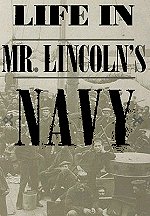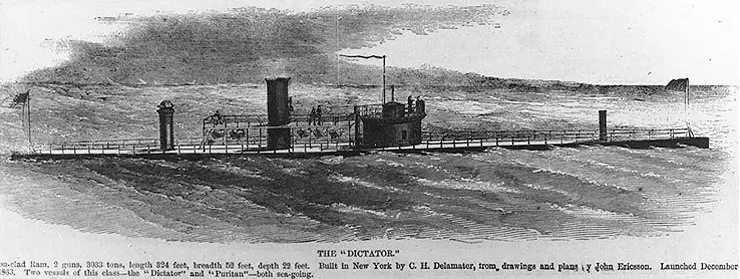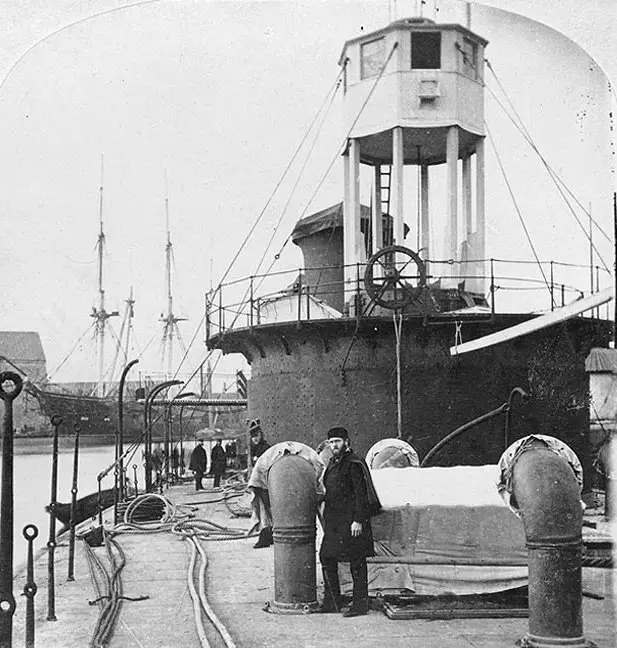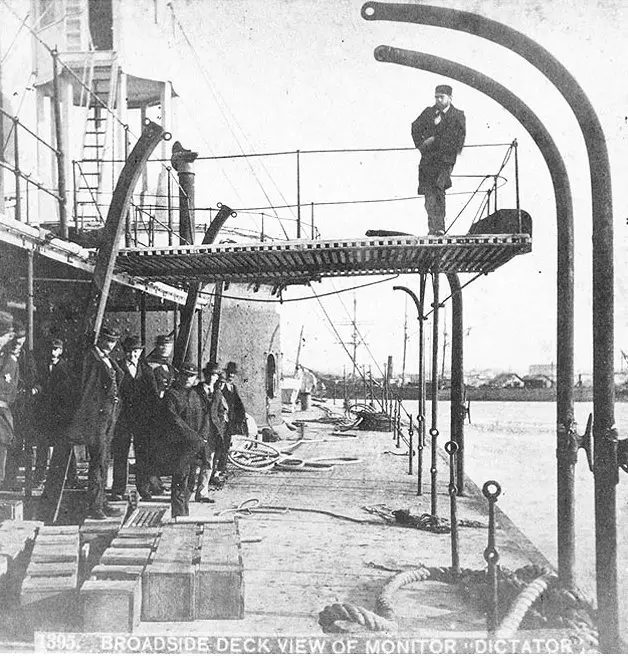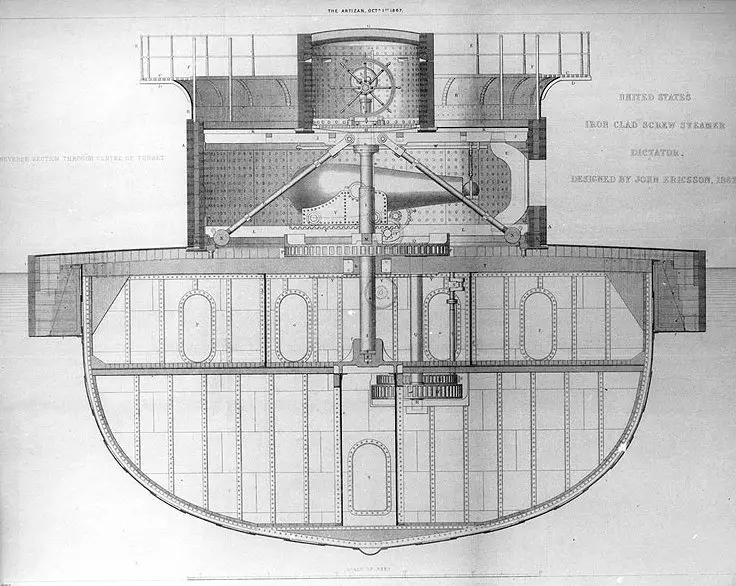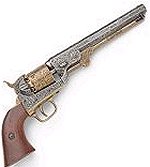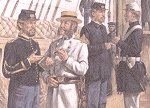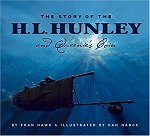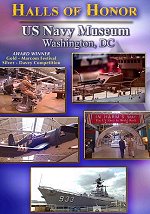USS Dictator (1864-1883)
USS Dictator , a 4438-ton single-turret seagoing monitor built at New York City, was commissioned in November 1864. Construction problems with her powerplant kept her initial service relatively brief and inactive, and she was decommissioned in September 1865 at the League Island Navy Yard, Philadelphia, Pennsylvania. Dictator was recommissioned in July 1869 for service with the North Atlantic Fleet, but was again laid up in June 1871. Her final period of commissioned service service lasted from January 1874 until June 1877 and was also spent in the Atlantic coast area. After six years "in ordinary" at League Island, USS Dictator was sold for scrapping in September 1883.
Watercolor by Oscar Parkes.
Courtesy of Dr. Oscar Parkes, London, England, 1936
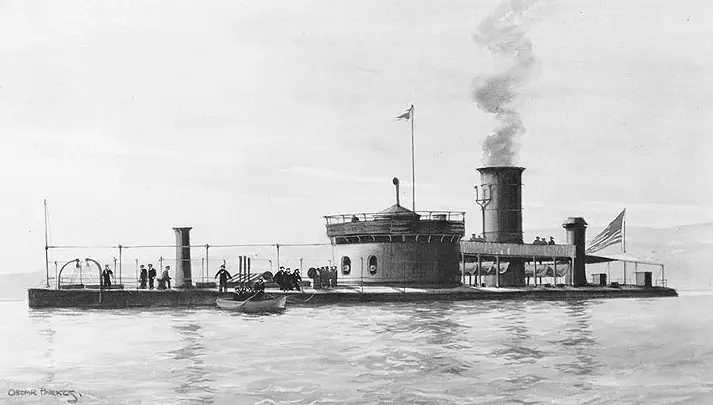
Line engraving, published in "The Soldier in Our Civil War"
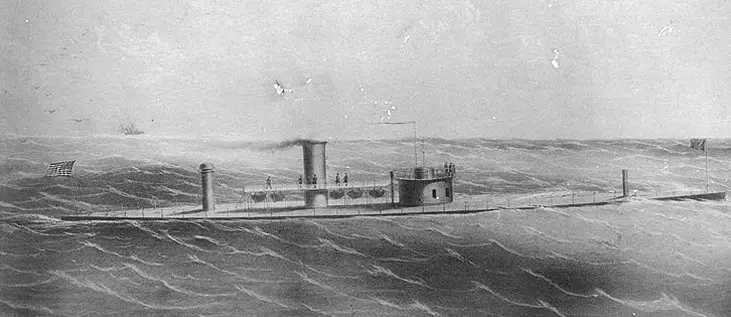
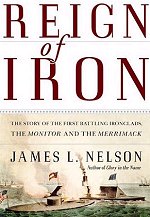
Reign of Iron: The Story of the First Battling Ironclads, the Monitor and the Merrimack
The first ironclad ships to fight each other, the Monitor and the Virginia (Merrimack), were the unique products of American design genius
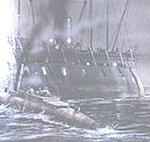
Confederate Submarines and Torpedo Vessels 1861-65
Interesting information and many excellent illustrations. It addresses the CSA David class torpedo boats and the Hunley (and its predecessors), as well as Union examples such as the Alligator and the Spuyten Duyvil
